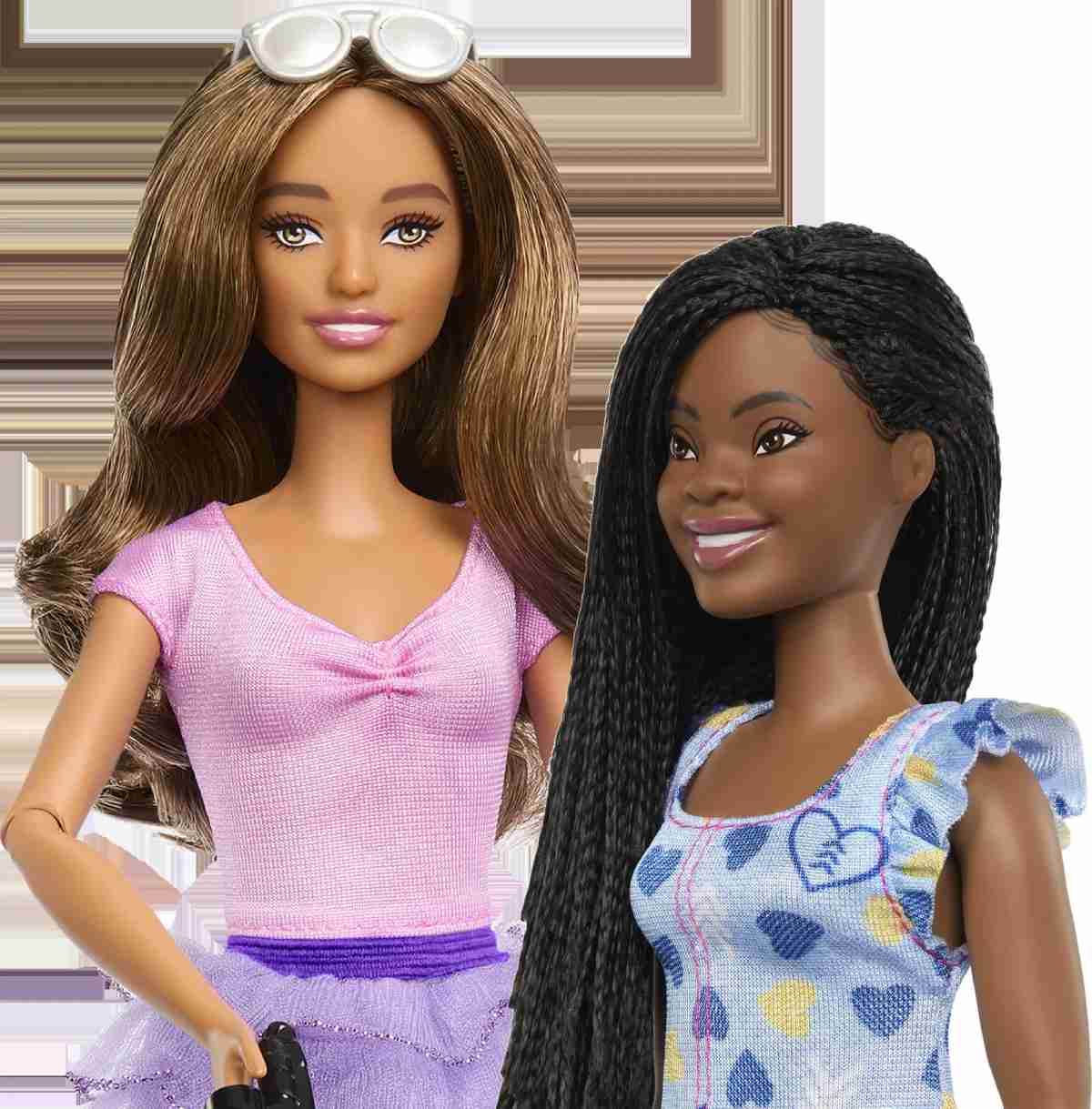
Mattel, the toy manufacturing company, has just announced two new inclusive Barbie dolls.
+ Adele rebuts homophobic comment during Las Vegas show: “Are you stupid?”
Mattel, one of the largest toy manufacturers in the world, has announced two new additions to its line of inclusive dolls: Barbie with visual impairment and Black Barbie with Down syndrome.
For the creation of these new models, the company worked with the American Foundation for the Blind (AFB) and the National Down Syndrome Society (NDSS). This collaboration helped ensure that the designs of the dolls accurately reflect the communities they represent.
The first Barbie with visual impairment features tactile elements, such as Velcro clothing, textured fabrics, and her box comes with the doll’s name written in Braille. The model comes with a white and red cane, stylish and functional sunglasses, and her eyes reflect the unique gaze of an individual with visual impairment.
In a statement to CBS News, Eric Bridges, CEO of AFB, spoke about the importance of the project and the company’s commitment to providing a realistic product for children with visual impairments: “They not only embraced a deep desire for the doll to be an authentic representation of our community but also how a blind child would interact with the doll.”

Last year, Mattel released the first doll with Down syndrome, and for the 2024 collection, the company partnered once again with the National Down Syndrome Society to introduce the first Black Barbie with Down syndrome.
The Black Barbie with Down syndrome accurately represents the physical characteristics of people with the syndrome, such as shorter stature and longer torso; the doll also has braided hair, a feature requested by the Black community with the syndrome.
“The NDSS is excited to introduce a second Barbie doll with Down syndrome. Having this doll launched alongside the new Barbie with visual impairment marks another important step in expanding representation for the disability community,” said Kandi Pickard, CEO of NDSS, in a statement.
For Krista Berger, Senior Vice President of Barbie, partnerships with organizations are key to inclusive doll projects, and the models are very important for children with disabilities: “We recognize that Barbie is much more than just a doll; she represents self-expression and can create a sense of belonging.”
This content was created with the help of AI and reviewed by the editorial team.

